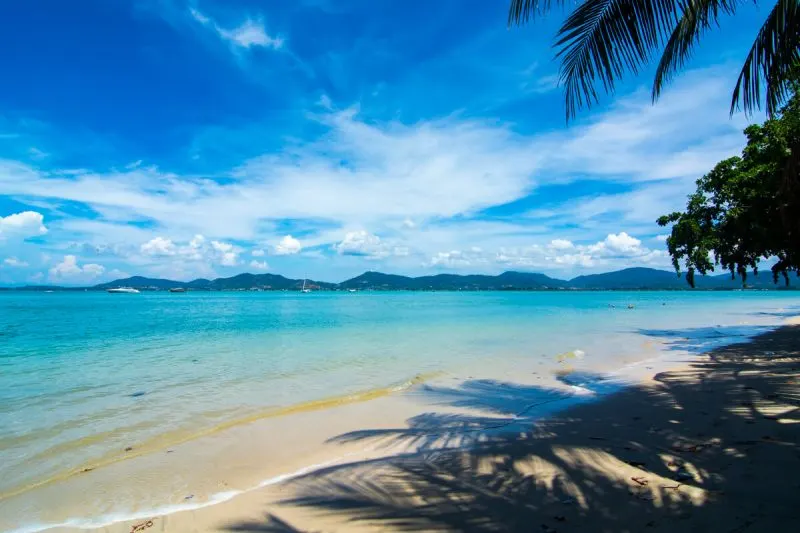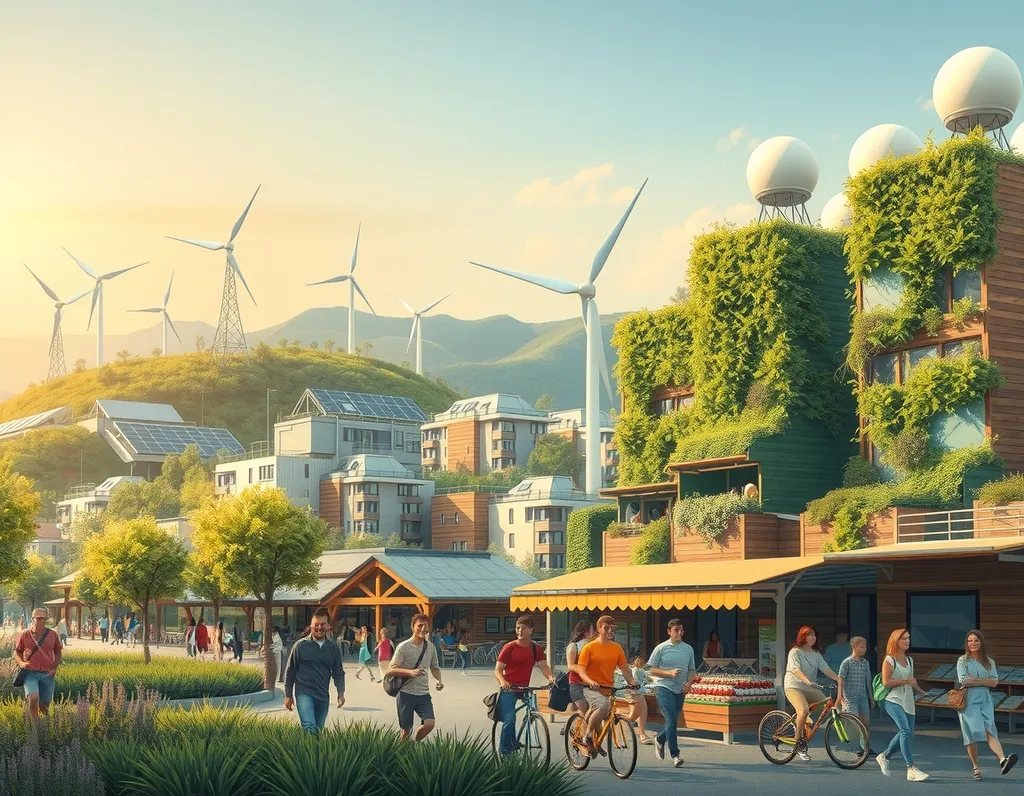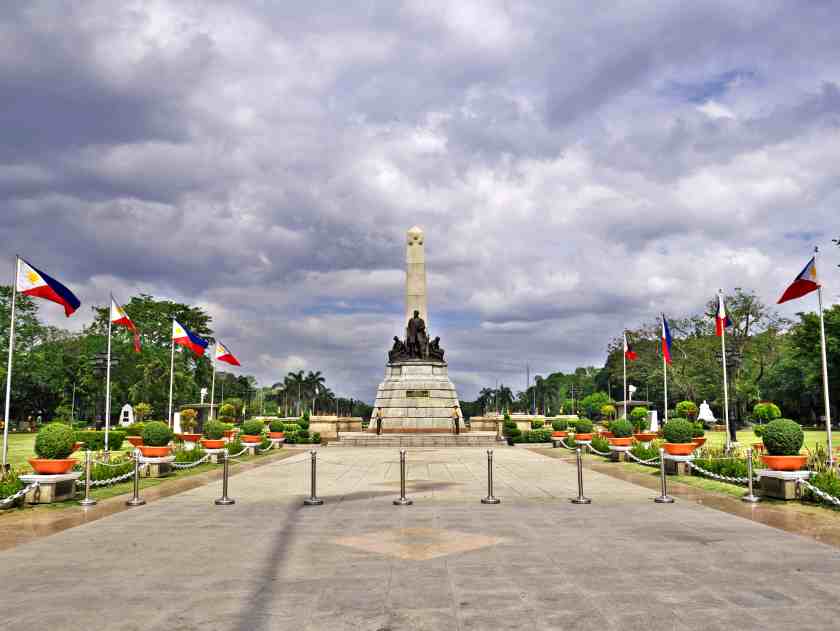Luxury is no longer defined solely by opulence or excess. In today’s eco-conscious world, true luxury also means sustainability, responsibility, and harmony with nature. From the sun-drenched coasts of Bali to the rugged terrain of Patagonia, eco-resorts are reshaping the concept of high-end travel by placing environmental stewardship at the heart of their guest experience.
This new breed of resort marries comfort with conscience, leveraging advanced technology, sustainable architecture, and regenerative landscaping to offer guilt-free indulgence for the modern traveler.
One of the most impactful ways eco-resorts reduce their carbon footprint is through solar energy. Resorts in sun-abundant regions such as the Maldives, Kenya, and Australia are investing heavily in photovoltaic systems to power everything from lighting to water heating.
Take the Soneva Fushi resort in the Maldives, for example. The resort produces a large portion of its electricity from solar panels and has significantly reduced reliance on diesel generators. In doing so, it provides a model for carbon-neutral hospitality without sacrificing guest comfort.
Beyond electricity, solar power is also used for water purification and cooking, demonstrating the wide-ranging utility of renewable energy in hospitality infrastructure.
Freshwater is among the most precious resources on Earth, and many eco-resorts are turning to smart water conservation technologies to reduce waste.
Some resorts use greywater recycling systems that purify used water from showers and sinks to irrigate gardens and landscaping. Others install low-flow fixtures, leak detection sensors, and rainwater harvesting systems to optimize water use.
The Post Ranch Inn in Big Sur, California, for instance, utilizes an on-site wastewater treatment system that allows 100% of its water to be reused for irrigation. This not only ensures sustainability but also preserves the pristine natural environment surrounding the resort.
Green architecture is another pillar of eco-luxury resorts. Buildings are designed to integrate seamlessly with the natural landscape, using local materials, natural ventilation, and passive solar design.
In Costa Rica, the Lapa Rios Lodge is constructed with sustainably harvested wood and designed to maximize cross-ventilation, eliminating the need for air conditioning. Roofs are thatched with locally sourced palm leaves, blending aesthetic appeal with environmental function.
LEED certification is becoming increasingly common among these resorts, offering a globally recognized benchmark for sustainable design and energy efficiency.
Landscaping plays a dual role in eco-resorts—enhancing aesthetic appeal while conserving resources. Traditional ornamental lawns and imported plants are being replaced by native vegetation and drought-tolerant landscaping.
Smart irrigation systems powered by IoT technology are used to monitor soil moisture and weather conditions, ensuring that plants receive just the right amount of water. These systems not only reduce water waste but also lower maintenance costs.
To maintain lush landscapes without draining local water supplies, many eco-resorts have adopted smart irrigation systems and sustainable grass types like TifTuf Bermuda that thrive in low-water environments. This variety of grass is especially valued for its drought resistance, deep green color, and durability, making it ideal for both aesthetics and sustainability.
Native plant species, mulch-based ground cover, and green roofs are also widely used to reduce water needs and promote biodiversity.
While sustainable tourism aims to minimize harm, regenerative tourism goes a step further, actively improving the ecosystems and communities it touches. Many eco-resorts embrace this philosophy by supporting reforestation projects, coral reef restoration, and wildlife conservation.
In South Africa, the Grootbos Private Nature Reserve has converted former agricultural land into a thriving fynbos ecosystem through careful planting and ecological monitoring. Guests are invited to participate in these efforts, deepening their connection to the land and its preservation.
Food is another key area where eco-resorts are raising the bar. Many feature on-site organic gardens, composting systems, and partnerships with local farmers to provide fresh, seasonal ingredients.
In Thailand, the Six Senses Yao Noi grows its produce and even makes its cleaning products from leftover citrus peels. Farm-to-table dining not only ensures quality and freshness but also supports the local economy and reduces transportation emissions.
Guests are often invited to tour the gardens, learn about permaculture practices, and enjoy cooking classes using ingredients harvested just steps away from the kitchen.
Eco-resorts understand that true impact extends beyond the property lines. By engaging guests through educational programs, guided nature walks, and sustainability workshops, these resorts inspire long-term eco-conscious behavior.
Some properties even provide guests with carbon offset options or sustainable travel kits that include reusable water bottles, bamboo toothbrushes, and reef-safe sunscreen.
Digital tools also play a role—resorts use apps and smart systems to allow guests to monitor their energy and water consumption in real-time, reinforcing sustainable habits through transparency and gamification.
Eco-friendly resorts are more than just a trend—they’re a blueprint for the future of luxury travel. They prove that luxury doesn’t have to come at the planet’s expense, and that thoughtful design and cutting-edge technology can create unforgettable experiences that also protect our shared environment.
As climate challenges mount and consumer awareness grows, the demand for green luxury will only continue to rise. Eco-resorts that prioritize sustainability, from their power sources to their landscaping choices, are well-positioned to lead the industry toward a more responsible and regenerative future.
By demonstrating that sustainability and sophistication can go hand in hand, eco-resorts are setting new standards for what luxury truly means in the 21st century. As regulations tighten and carbon accountability becomes central to global business, forward-thinking resorts are already ahead of the curve. Their success signals a shift where travelers will increasingly prioritize properties that align with their values.
In this evolving landscape, the combination of eco-conscious infrastructure and meaningful guest engagement will define top-tier hospitality. Resorts that embrace innovation and regeneration today will shape the travel industry’s most desirable and planet-friendly destinations tomorrow, elevating both guest experience and environmental integrity.













